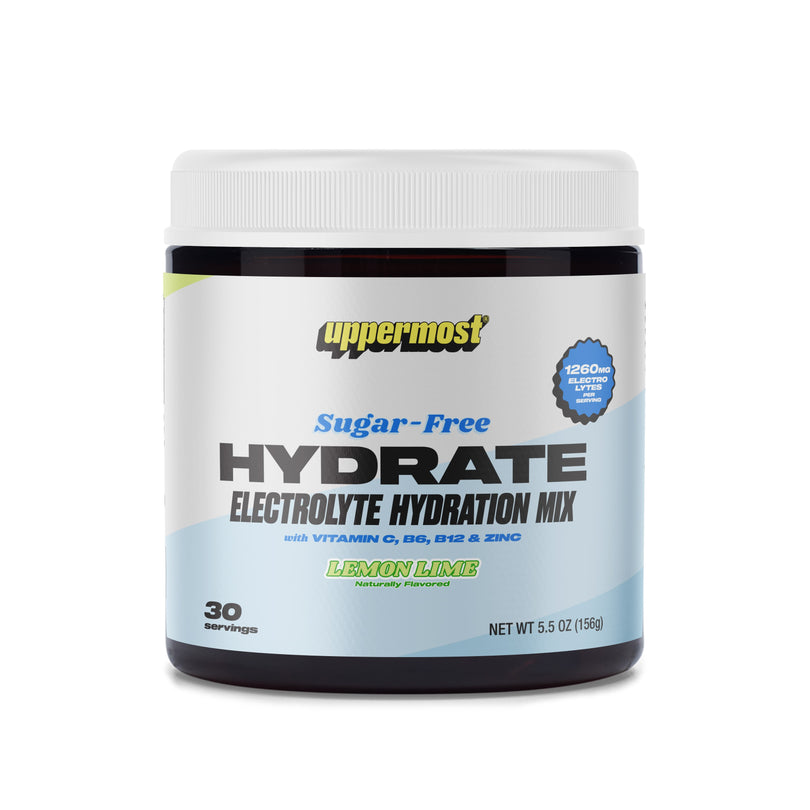In the realm of sports and fitness, electrolytes have become synonymous with energy and performance. However, there are common misconceptions surrounding the role of electrolytes in providing energy. In this article, we delve into the science behind electrolytes, their impact on the body, and whether they truly offer an energy boost. Let's separate fact from fiction and uncover the truth about electrolytes and energy.
To comprehend the connection between electrolytes and energy, it's crucial to grasp the concept of electrolytes themselves. Electrolytes are minerals that carry an electric charge when dissolved in bodily fluids, including sodium, potassium, chloride, and magnesium. They play a pivotal role in maintaining fluid balance, aiding nerve function, and supporting muscle contractions. While they are essential for overall health, their direct link to providing energy requires further examination.
Energy production within the human body primarily relies on the macronutrients we consume, such as carbohydrates, fats, and proteins. These nutrients undergo various metabolic processes, ultimately leading to the production of adenosine triphosphate (ATP), the body's primary energy currency. Electrolytes themselves do not provide energy directly. Instead, they contribute to facilitating the transfer of nutrients into cells, maintaining proper hydration, and optimizing muscle function, which indirectly supports energy production.
Hydration plays a significant role in energy levels, and electrolytes contribute to this process. When you sweat during physical activity or experience dehydration, electrolytes are lost along with fluids. Replenishing these electrolytes is crucial to maintaining optimal hydration levels. Electrolyte-rich beverages or supplements, when consumed in tandem with fluids, aid in restoring the electrolyte balance. Proper hydration ensures that your body functions optimally, including the delivery of nutrients to cells, supporting energy production, and reducing fatigue.
Electrolytes, particularly sodium and potassium, play an essential role in muscle contractions. During physical exertion, the muscles require a well-balanced electrolyte concentration to transmit nerve signals, trigger contractions, and prevent muscle cramps. Insufficient levels of electrolytes can lead to muscle weakness and fatigue. By maintaining an appropriate electrolyte balance, you can support muscle function, delay fatigue, and potentially enhance your performance during exercise.
While electrolytes do not directly provide energy, they are integral to the body's energy production processes. By facilitating nutrient absorption, maintaining hydration, and supporting muscle function, electrolytes indirectly contribute to energy levels and physical performance. To optimize energy and overall well-being, it is crucial to maintain a proper balance of electrolytes through a balanced diet or, if necessary, through electrolyte powder supplements and . Remember, while electrolytes alone may not be a magic energy solution, they play a vital role in supporting an active lifestyle.






